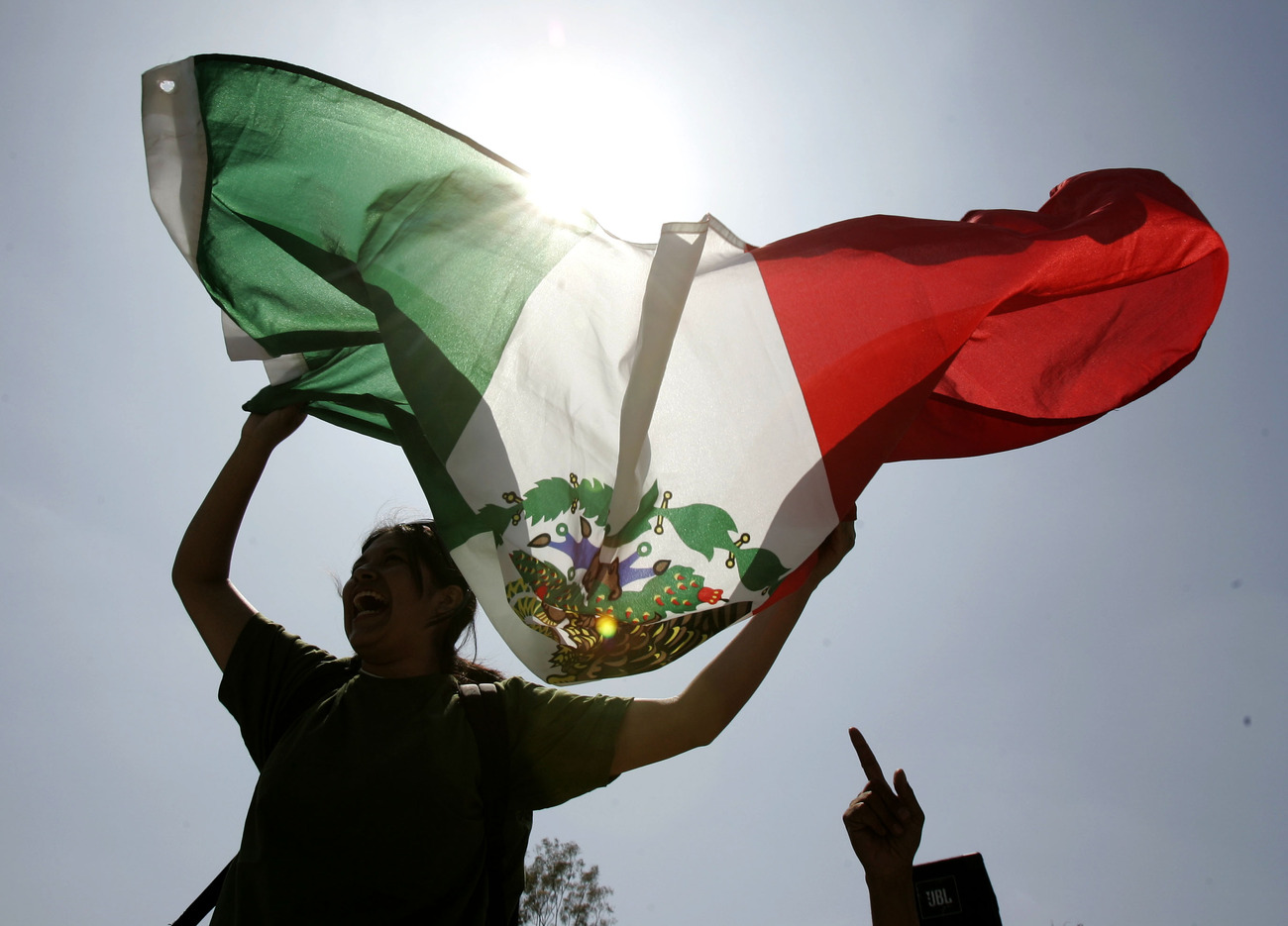Chile's Millennial President Is a New Kind of Leftist Leader
Chile's Millennial President Is a New Kind of Leftist Leader
"If Boric succeeds, I think it will have tremendous influence beyond Chile’s borders," said AS/COA's Brian Winter to Time.
Gabriel Boric climbs into the back of the gigantic black SUV waiting outside his house. It’s a cold morning in mid-August—winter in Santiago—and the Chilean President is enveloped in a slightly-too-long gray coat, making him look even younger than his 36 years. As the car rolls through city streets, windows down, pedestrians spot him on his way to work and let out whoops or an affectionate “Presi!” Boric laughs and waves, but then bows his head to nervously scan the front pages of Chile’s newspapers.
There’s plenty to be nervous about. Since taking office in March, Chile’s youngest-ever leader has been shepherding his country through a moment of historic uncertainty. For decades, Chile was touted as Latin America’s economic success story, with a business-friendly, small-government model creating relative wealth, and political stability, for its 19 million inhabitants. That narrative, however, concealed a long-simmering anger among many ordinary Chileans who, with little government support and expensive private services, struggle to make ends meet. In 2019, anger erupted: a small subway-fare hike set off massive, messy, months-long protests over inequality. Then politicians agreed to replace Chile’s constitution, a dictatorship-era document that underpins its market-driven economic system. […]
Whatever happens, the world is watching the young President. “If Boric succeeds, I think it will have tremendous influence beyond Chile’s borders,” says Brian Winter, editor in chief of Americas Quarterly. “It will show that a new kind of leftist leader is possible.”…
The new constitution was drafted by an assembly of 155 representatives, chosen at a special election in May 2021: 77 are women, and 17 are from Chile’s Indigenous communities, proportional to their 13% share of the population. Proponents of the new constitution say it imagines a better country, one that balances economic development with workers’ rights, environmental protections, and gender equality. It particularly emphasizes the rights of marginalized groups, including the autonomy of the Indigenous peoples, who were not even recognized in Pinochet’s constitution, over their own cultures, land, and institutions. The document calls for drastic changes to Chile’s political structures, as well as new national health care and education systems (private operators would remain, but with more oversight). In August, an international group of prominent progressive economists said the draft “prepares Chile for a new century of equitable growth.”
Not everyone is sure of that outcome. Winter of Americas Quarterly says “the hope is that Chile is able to achieve developed world status in the next 10 or 20 years,” if it can reduce inequality, a major barrier to development. “I think that’s very much on the table. But the fear is that Chile will lose what made it an imperfect success story over the last 30 years.” That is, it could trade its stable market-driven economy for the stagnant, inflation-prone chaos of its neighbor Argentina, hurting poor as well as rich Chileans. […]








